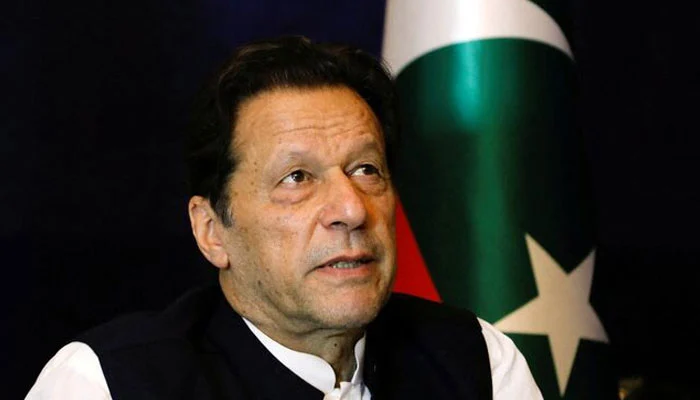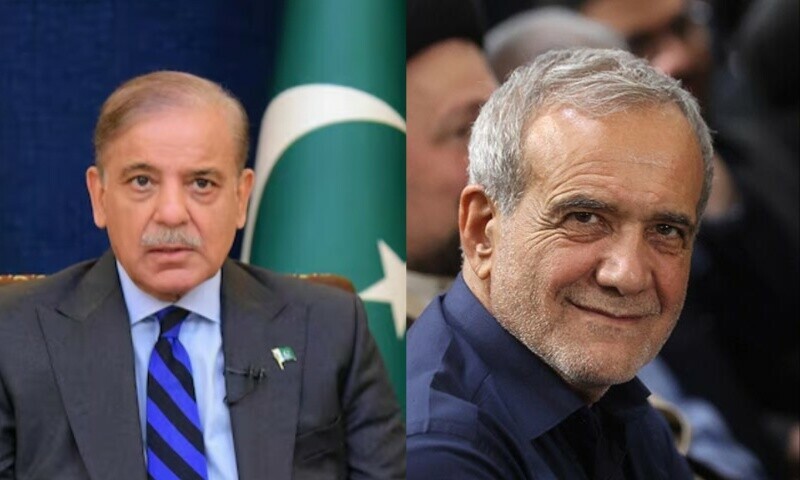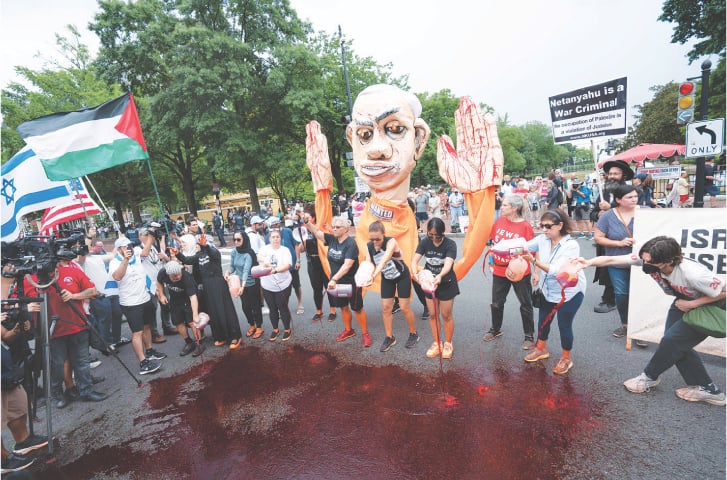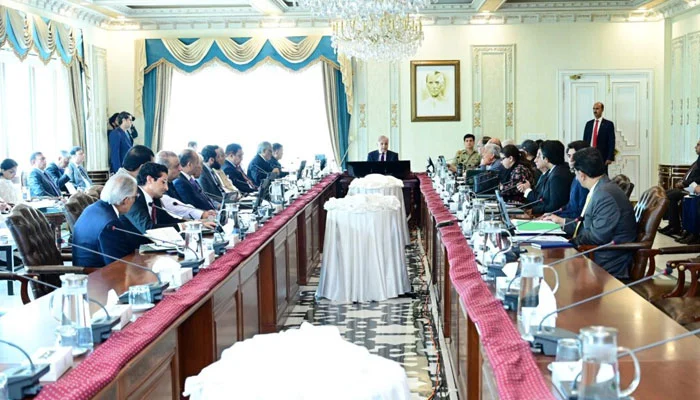
As in other high-profile urban electorates held by the Liberal-National government, so-called teal independents (because of a campaign colour preference) are mounting a serious challenge that focuses heavily on climate action, integrity in politics and gender representation. They’re bankrolled by the Melbourne philanthropist Simon Holmes à Court and his Climate200 Group, as well as other smaller donors.
In North Sydney, the sitting MP Trent Zimmerman has acknowledged he is under pressure from Kylea Tink, a former chief executive of the Jane McGrath Foundation, a cancer charity.
Campaign posters and fliers can be hard to find in the mid-autumn sunshine, but opinions among voters aren’t.
“It is a great pity that the independents are putting up such a fight against such an exceptional member of parliament,” explained Martin, a British migrant from Birmingham. “Trent Zimmerman is a fantastic person for the community. It’s a dire situation. I truly hope that he wins.”
Down the road I meet Shamarah, who’s upset not just with her local MP, but with the prime minister, too.
“Trent [Zimmerman] really just didn’t seem to care for the community, but it’s probably more the issue with [PM Scott] Morrison,” she said. “Most of us are really tired of the fact he won’t put a corruption committee in. He really [has] a lot of hot air. Change is needed,” “They are treating us like fools.”
Independent candidates aren’t new in Australian politics. Zali Steggall, a winter Olympian, famously unseated former prime minister Tony Abbott in another neighbouring blue-chip Sydney constituency in 2019. After a nail-biting federal poll in 2010, two regional independents in New South Wales – Rob Oakeshott and Tony Windsor – were part of the glue that held together a Labor government under Julia Gillard.
Political cleanskins could have a decisive say again this time around. Blue blood could be spilt in other three high-profile contests; in the seat of Wentworth in Sydney, and in the well-heeled Melbourne electorates of Goldstein and Kooyong, where the current federal treasurer Josh Frydenberg is at risk of being the highest-profile casualty. His ousting could cause longer term damage to the Liberal Party because he is seen as a potential – and popular – leader should Scott Morrison step aside.
“If it is a very close election they may hold the balance of power,” explained Antony Green, election analyst at the Australian Broadcasting Corp. “If the government loses, it will be mainly their seats that will be lost to independents. The government is arguing these independents mustn’t get elected because of the uncertainty it would create in the creation of the next government.”
The matter of gender fairness has never been more prominent in Australian politics after a raft of allegations of sexual assault and impropriety in government and beyond. For such a skilled campaigner, Mr Morrison seems to have misread the room on such a pivotal issue. There is powerful symbolism in Goldstein, Kooyong, North Sydney and Wentworth where there are four independent women taking on four Liberal men.
“There are lots of these women, mainly, running in these seats with good Liberal credentials and connections who are campaigning on the issue of climate change believing the government is not doing enough,” he added.
For years now, more Australians have been turning away from the two major parties; the centre-right coalition of the Liberal and Nationals, who traditionally represent country areas, and the left-of-centre opposition Labor Party.
Dr Stewart Jackson, a lecturer at the University of Sydney, has observed schisms on both sides of the spectrum.
“The Liberal Party has been moving steadily to the right under first [Tony] Abbott and then Morrison and the people who would otherwise have called themselves moderates or centrists have been, if not pushed out of the party, certainly marginalised in many of the states,” he told the BBC news website.
“It mirrors what has been happening in a number of other countries where there has been a move from particularly evangelical Christians, but also the deeply conservative right, to take control of the major party of the right,” he said.
Dr Jackson said this type ideological splintering has already hurt the other side of politics.
“It’s been an issue for the Labor Party since the rise of the Democrats,” he said, referring to a centrist party set up in the late 1970s. “But then more specifically the rise of the Australian Greens, with their vote now firmly established between 10-15% depending on the state. That’s 10% of the vote that the Labor Party used to able to count on as votes for them. So, they have already had the existential battle. For the Liberal Party it is a new phenomena.”
There could also be a reckoning for the current government’s junior partner, the Nationals. It promises to improve the services and lifestyles “of the almost eight million people who live and work beyond the nation’s [major] cities” but the party, which is over 100 years old, is now facing independent challenges of its own in its traditional heartland.
“It is really important to mention the regional independents. They know their communities really well and they might even be a higher prospect of being elected than the ones that are getting the high-profile coverage,” said Dr Andrea Carson, an associate professor in Politics, Media and Philosophy at La Trobe University. “We could see the largest cross-bench Australia has ever seen in [the] lower house.”
Some conservatives appear rattled as election day approaches. The teal independents have been dismissed as “a phoney group of green-left activists who want to trick people into voting for them”, according to Sky News Australia host Chris Smith. He didn’t hold back, adding that they “may even hold the balance of power and run this country into the sewer because of their useless and obsessive attempts to save the planet”.
But Dr Carson believes this election could help Australia finally shake off years of inertia on global warming because of divisions that have plagued Labor and the centre-right coalition.
“One of the things that has been really noticeable [during this campaign] is how little conversation the two major parties have committed at this stage to action on climate change,” she said.
In a country that relies heavily on coal for its electricity, policies to address rising temperatures have been toxic for both sides of politics, despite repeated warning from scientists of more severe droughts, bushfires and floods in Australia.
“The broader electorate wants action, which is why these independents might do well at this election because they are one of the few that are prepared to put it front and centre and talk about it,” explained Dr Carson.
North Sydney may have rich Liberal traditions, but one of its former MPs Ted Mack was the first of the modern independents in the 1990s. Voters will now decide if history will be repeated.






